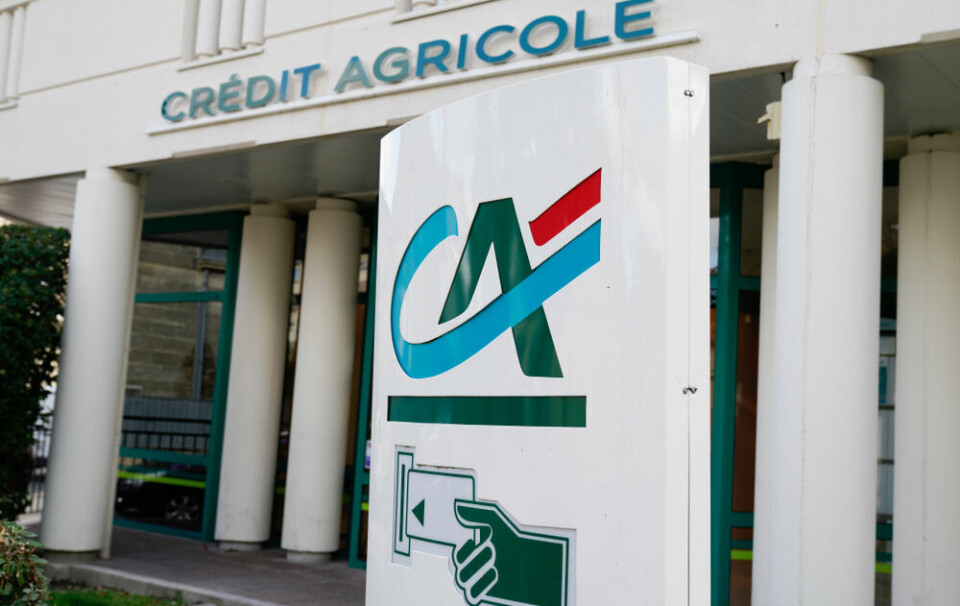-
Dangerous liaisons: how to avoid misunderstandings in French speech
Know when to 'drop a vowel' or add an apostrophe to streamline your speech and improve pronunciation
-
‘Trustworthy’ media label idea from Macron causes political storm in France
Comments prompted fierce political backlash from right but government insists it was taken out of context
-
Helpful vocabulary for making medical appointments
Make sure you are ready to fill any 'créneau' that becomes available
Planter un drapeau and more French flag expressions
The blue colour of the French flag was darkened last year without anyone noticing. We look at three French expressions related to flags

President Macron changed the shade of the blue in the French flag from Marian to navy in July last year.
However, as no official announcements were made, nobody seemed to notice until Europe 1 revealed the change at the weekend, saying the president had done it to return the flag to its original colours (those established in 1794) as a way of invoking the French Revolution.
In 1976, the then-President Valéry Giscard d’Estaing had lightened the shade so it would be closer to the blue of the flag of the European Union.
The Élysée was quick to stress that it was not done as an anti-European measure.
Read more: Blue shade of French flag changed a year ago but no one noticed
We look at some French expressions with flags:
Planter un drapeau (literally ‘to plant a flag’):
This expression has two main meanings.
According to the dictionary Trésor de la langue française, it means ‘to be the first to publicly express an opinion, to take a position’.
The flag, on one hand, is a symbol of belonging (for example to a nation). To plant one’s flag would therefore mean to express one’s belonging, in this case ideological.
However, the Larousse dictionary says the expression means to slip out of somewhere without paying.
A flag can also symbolise ownership. For example, when countries conquered a specific area, they would often hang their flag to make it known that it now fell under their control.
In the context of this expression, perhaps the implication is that the person ‘planting the flag’ appropriates something as their own (a meal in a restaurant, an object) without the right to do so - in this case, without paying.
Mettre son drapeau dans sa poche (literally ‘to put your flag in your pocket’):
This expression means to hide your views and/or beliefs.
If the flag symbolises identity and belonging, raising it would suggest expressing one’s opinions publicly. Placing it in one’s pocket, however, would mean to hide what you believe.
It is said that the expression was coined in the 19th century and may be related to the saying mettre quelque chose dans sa poche et son mouchoir par-dessus (literally ‘to put something in your pocket and your handkerchief over it’), which means to keep a secret. Here, the flag would be assimilated to the handkerchief.
Le drapeau noir flotte sur la marmite (literally ‘the black flag floats in the cooking pot’):
This expression, which was coined in the 20th century, is used to say that a household’s financial situation is dramatically bad.
A black flag symbolizes pirates, anarchists and, more generally, bad news or misfortune. If it floats in a cooking pot, it is because the pot is empty (or nearly empty) as there is nothing to eat due to the lack of money in the household.
The expression gave name to a film by renowned French director Michel Audiard released in 1971.
Related articles
Faire le pont and more French ‘bridge’ phrases
























